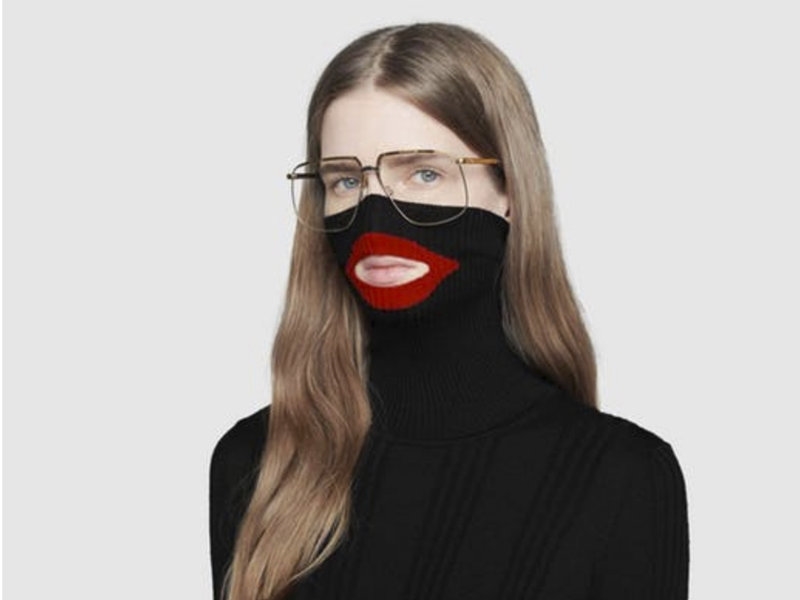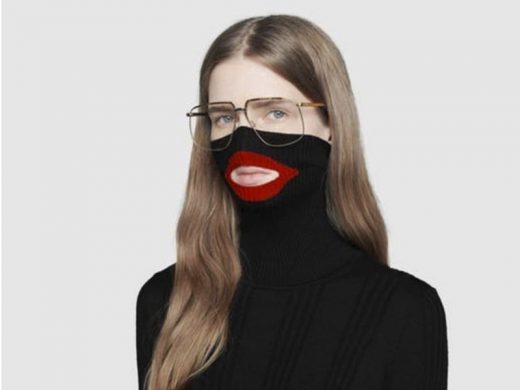Brands need to speak out in support of the Black community
As HubSpot announces new funding for Black economic empowerment, we ask a Black marketing strategist if brands are doing enough.

HubSpot announced this week that it is committing $20 million to social impact investing, including a $12.5 million investment in the Black Economic Development Fund which supports Black-led financial institutions and other organizations.
In a release, HubSpot CEO described the investment as part of HubSpot’s support for dismantling systemic racism through long-term change: “Our goal in investing in the Fund is to support Black communities and foster economic empowerment,” he said. This is in addition to HubSpot’s partnership with HBCU Howard University, which we reported in November.
Many brands, and not just tech brands, spoke out earlier this year in support of Black communities and #BlackLivesMatter. But has that rhetoric been supported by meaningful action? We spoke with Martin Ekechukwu, CEO of Black-founded and wholly Black-owned agency WHTWRKS, recently involved in campaigns for Hennessy, Burger King and Mountain Dew.
We asked him first to tell us about WHTWRKS. “The agency was born out of frustration,” he said. “We felt that brands were not leveraging culture appropriately. We felt they were only doing things like changing out copy and imagery, but not really developing the point-of-view or the context from a cultural perspective: they weren’t necessarily thinking about the people they’re talking to. That’s why you’ve seen a lot of hiccups from brands over the last 12 months, where they had good intentions but not a nuanced understanding.”
Simply replacing white with Black faces in a commercial doesn’t cut it, according to Ekechukwu. “You have to think about location, what the white person versus the Black person would be doing, who they would be around in that moment, how they would be reacting to their surroundings.”
Which brands spoke out? Following the murder of George Floyd, the shooting of Jacob Blake, and other horrific incidents in the spring and summer of 2020, some brand spoke out, but not all. “Brands that recognize they have a strong Black buying population decided to come out and make some really good statements,” said Ekechukwu.
“I think GM and Cadillac were some of the better examples, being able to acknowledge that Black people have been driving culture. They understood the value of the Black consumer. Pepsi did a great job as well by deciding to invest, I think, almost $300 million into Black and brown communities.” As an all-Black agency, WHTWRKS was brought in by Pepsi to work on a program related to Black entrepreneurship. Ekechukwu also cites Ben & Jerry’s as an example of a brand which has spoken out, and also called out other brands.
Some brands, on the other hand, were stuck in the middle. “They did not have enough courage to say something that could really move the needle. It’s really unfortunate.” Are these brands worried about losing white consumers? “One thousand percent,” said Ekechukwu, “but they have to understand what they’re planning towards. It’s a business decision: you have have more Black and brown consumers, you’ve got Spanish becoming almost a majority-spoken language in the U.S. by 2025, you’ve got more mixed children coming into the world in the next five or 10 years than for generations. The writing is on the wall: be on the right side of history is what we’re asking people to do.”
Is Ekechukwu encouraged by initiatives from companies like HubSpot in the martech space? “Money is always great. Putting money into an institution that can support Black companies and entrepreneurs is great. The challenge will always be how the money will actually show up at a local level. Who is doing the distributing, and how do you measure the impact as a result of this?” (The Black Economic Development Fund is administered by the Local Initiatives Support Corporation.)
The immediate future. Will the incoming Biden administration foster an atmosphere in which there can be more positive engagement with these issues? “I’m certainly hopeful,” said Ekechukwu. “I believe you will start seeing money come into small businesses, and I’m really hopeful that a lot of those monies will end up being put into black businesses. That’s the only way, ultimately, you can help close a generational wealth gap.”
This story first appeared on MarTech Today.
Marketing Land – Internet Marketing News, Strategies & Tips
(30)



